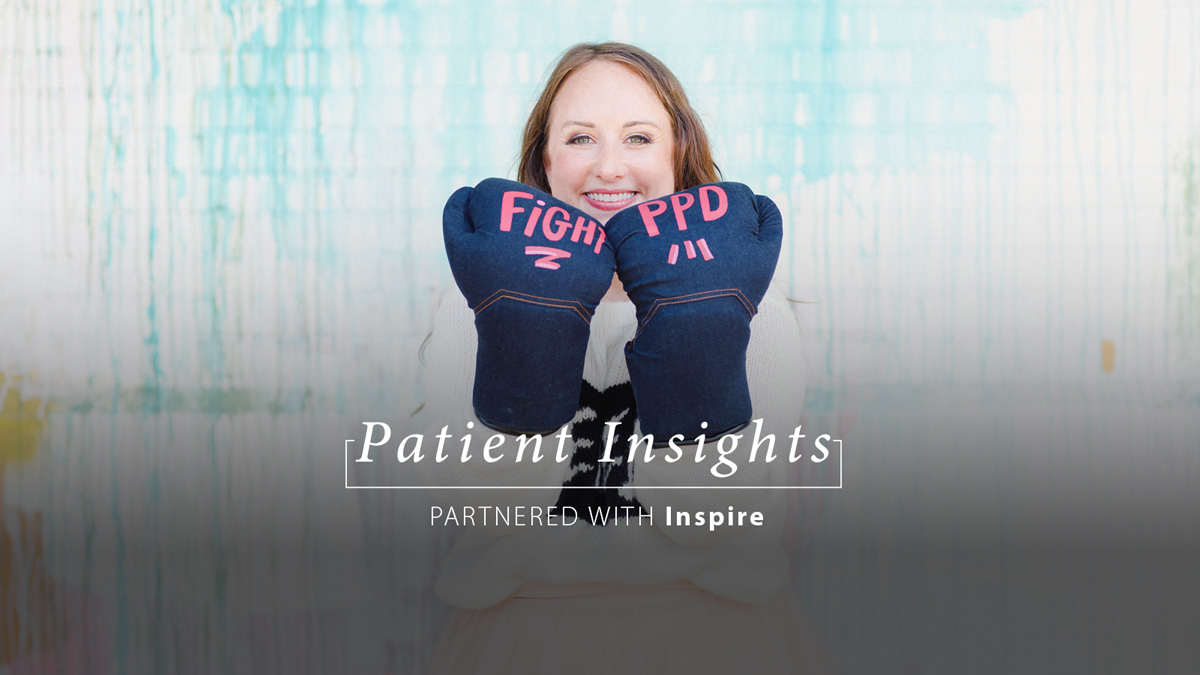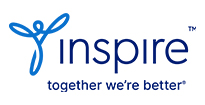Common but not normal: It’s time to talk about maternal mental health

As part of our Patients Insights series, the founder and CEO of Motherhood Understood shares her experience of postpartum depression, talks about the power of peer support, and explains what the wider healthcare community could do to play their part.
Within days of giving birth to her first child, Jen Schwartz’s fairy tale view of motherhood lay in tatters at the foot of the bed she found it impossible to leave. Yet she describes herself as “one of the lucky ones” and, since fighting through her struggle with post-partum depression, has dedicated herself to supporting maternal mental health.
False ideals
Today, Jen and her son enjoy nothing more than each other’s company. But it is a relationship she could never have imagined when Mason, now almost eight, was born.
“All through my pregnancy, I had this fairy tale vision of motherhood. I thought we would bond and fall in love straightaway, that I would take him everywhere with me, and that I would be a champion breast feeder.
“I thought that women just gave birth and are magically transformed into mothers. No one had ever told me any different,” she says.
This ideal, fed in no small part by images on social media, was soon shattered when Jen developed severe postpartum depression and anxiety the day after getting home from hospital.
She says: “I was completely blindsided. I had all these crazy, scary thoughts about wanting to get hurt so I could go back to the hospital and not have to take care of the baby. I had this paralysing anxiety that felt like an elephant sitting on my chest and I didn’t want to leave my bed.
“I want women to know that this is not normal, but it is common. They should be able to speak up and know that there is nothing to be ashamed of.”
“At the same time, I was in this deep spiral of shame. I kept wondering what was wrong with me, why every woman on the planet was loving and rocking motherhood apart from me.”
With the help of her husband, Jason, and her mum, a therapist who was staying with the family at the time, Jen was able to recognise she needed support. Accessing it, however, was a struggle she likened to a scavenger hunt.
Neither her obstetrician or family doctor offered any ongoing psychological support, and the prescriptions she was given soon stopped working. It was only when she took her treatment into her own hands, searching the internet for specialists in post-partum depression, that things started to change.
At her first appointment, she discovered she had multiple risk factors and that, crucially, she was not the only one.
“In those moments, I realised that it was not my fault, that I was not alone and that I would get better,” says Jen, a middle school English teacher before her pregnancy.
“It took about six months of therapy and going on antidepressants to start seeing myself again. And it took a full year before I felt like I was on the other side of it.”
Women supporting women
Despite her journey, Jen describes herself as one of the lucky ones – she did, after all, have her therapist mum to help her understand what was going on.
But she believes that had she been aware of the risk of maternal mental health issues before giving birth, she would have got help quicker. And it is this belief that inspired the founding of Motherhood Understood.
“When I got better, I felt angry and betrayed that I had not been given any information to prepare, that I’d been left to fend for myself in the wild. When I was sick, I would Google and look for stories from women like me. I wanted to know that someone was feeling like I was, but I had trouble finding that.
“So, I promised myself that I would share my story in a very raw and intimate way,” says Jen, who started the Medicated Mommy blog as soon as she was able.
It received such a positive response that it soon evolved into the Motherhood Understood community, which comprises a resource-rich website, an educational video hub, and peer support via a website and Instagram account.
“I learned mothers just want to be seen, heard, and understood. Empathy is everything, and sharing stories is really the most effective cure for the stigma and shame that comes along with pregnancy and postpartum mental health illnesses,” says Jen.
“Motherhood Understood became a place to embody those things and to provide the resources and education people are not getting from the medical community.”
The role of education
Asked how the wider medical community could help her fulfil her role as “the bridge between the mothers who are suffering and the healthcare providers”, Jen says it was all about education.
“I think everyone who comes into contact with a mother should be trained to some level in maternal mental health. They should also have an extensive list of therapists and psychiatrists who specialise in these issues.”
That way, clinicians would be able to spot red flags and ensure people get the help they need, Jen says, adding that women should also be made aware of the risk of mental health problems during pregnancy.
“I think it starts with educating the health professionals, and then educating the women and their partners before the baby comes,” she says.
More education is also needed on the medications that are safe to take when pregnant or breastfeeding, she adds.
“There is a lot of stigma and shame around taking medication when pregnant or breastfeeding, which means people do not talk about it.”
Changing the conversation
Ultimately, Jen, who is now planning a novel based on her own experiences, believes maternal mental health should be part of the national conversation about motherhood.
It needs to be discussed openly in all avenues of public discourse, from the doctors’ office to the TV screen and everywhere in between, she says.
“I want women to know that this is not normal, but it is common. They should be able to speak up and know that there is nothing to be ashamed of."
About the author
Amanda Barrell is a freelance health and medical education journalist, editor and copywriter. She has worked on projects for pharma, charities and agencies, and has written extensively for patients, healthcare professionals and the general public.
 Patient Insights is a monthly series that appears in partnership with Inspire, a company with an online support community of more than 2 million patients and caregivers worldwide.
Patient Insights is a monthly series that appears in partnership with Inspire, a company with an online support community of more than 2 million patients and caregivers worldwide.











